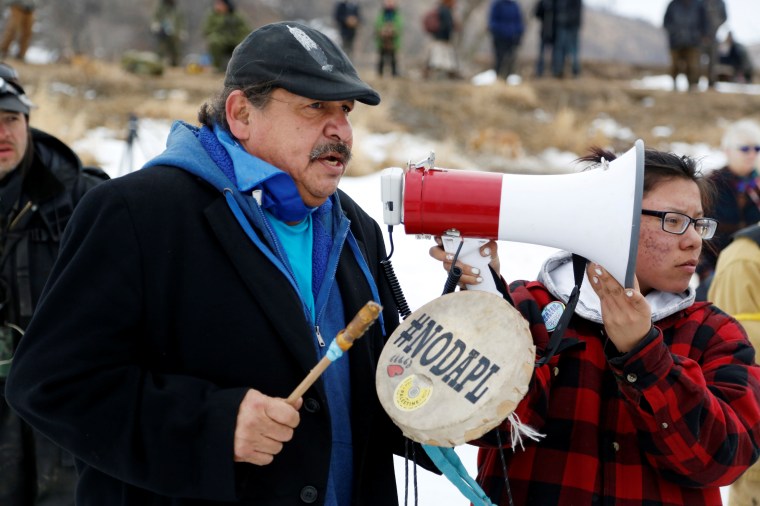New York, April 7, 2021—Energy Transfer, the U.S. based company which partially owns the Dakota Access Pipeline, should immediately withdraw its subpoenas seeking unpublished reporting material from U.S. nonprofit media collective Unicorn Riot and from the organization’s reporter, Niko Georgiades, the Committee to Protect Journalists said today.
The two subpoenas, filed with a Minnesota district court on March 17 and uploaded to Document Cloud by Unicorn Riot, are part of Energy Transfer’s lawsuit against several environmental groups and activists that protested the pipeline in North Dakota from 2016 to 2017.
“Energy Transfer should drop its subpoenas to Unicorn Riot and Niko Georgiades. It is disgraceful that a multibillion-dollar company is trying to compel a nonprofit news organization and one of its reporters to turn over unpublished source material over four years after it was collected,” said CPJ Program Director Carlos Martinez de la Serna. “It’s a blatant attempt to harass and intimidate a critical news outlet.”
The subpoenas demand a broad range of the outlet’s reporting material, including video and audio recordings relating to protests of the pipeline construction, as well as other material about the organization. Unicorn Riot and Georgiades have until April 19 to respond to the subpoenas, according to the documents. Under Minnesota law, failure to comply with a subpoena can result in a $250 fine, a jail term up to six months, or both.
Reached via phone, Georgiades directed CPJ to a statement on Unicorn Riot’s fundraising page, which says that the outlet “takes seriously our obligation to protect our sources,” and that it will not comply with requests for its footage and records.
CPJ called and left a voicemail for Energy Transfer and also emailed the company for comment but did not receive a response.
Unicorn Riot reported on the protests via livestream and social media. Georgiades and at least nine other journalists from various outlets were charged while covering the protests, CPJ documented at the time.
